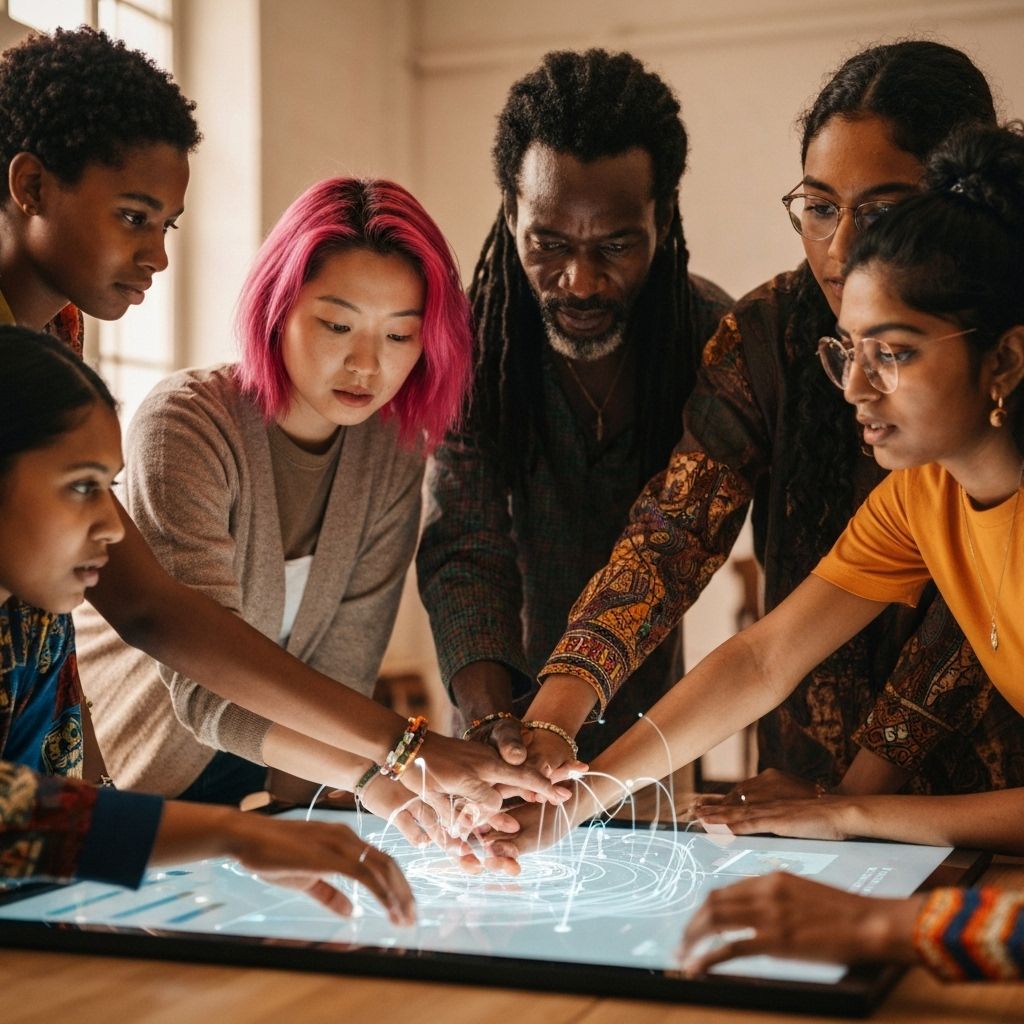
Stewardship, Not Ownership: Rethinking Our Relationship with Data
January 15, 2025
There is a quiet paradox that runs beneath every innovation pitch, every policy debate, every boardroom strategy meeting: Who really owns data?
Ownership is the language of markets, of contracts, of power. It assumes exclusivity—mine, not yours. But data, unlike land or gold, refuses to behave like property. It multiplies when shared, morphs in meaning depending on context, and derives value from connection rather than possession.
So why do we keep clinging to ownership metaphors when they do not fit?
The Trouble With Ownership
The current regime of data capitalism tells us data must be harvested, locked down, monetized. This logic mirrors colonial extractions of the past: take, enclose, profit. We speak of "data lakes" and "data mines" as though human lives and communities are raw materials to be dug out and processed.
But here's the problem: data extracted without context is not only incomplete—it is often misleading. A grandmother's medical records stripped of her lived experience tell us little about the social, cultural, or environmental conditions that shape her health. A youth's employment stats say nothing of the hidden aspirations, barriers, or acts of resilience behind the numbers.
Ownership abstracts. It flattens. It erases.
The Case for Stewardship
Stewardship, on the other hand, is not about locking data away but about caring for it responsibly. Stewardship recognizes that data is entangled with people, with histories, with ecosystems. It asks: Who is accountable for the consequences of its use? Who ensures it serves collective wellbeing, not just corporate gain?
Think of it like language. No one owns a language, but communities steward it through use, protection, and evolution. In the same way, communities could steward their own data—setting terms for how it flows, how it protects dignity, how it fuels innovation without stripping agency.
From Commons to Kinship
The word commons often gets invoked here, but perhaps even commons isn't enough. Commons can still become battlegrounds of access. What we need is a shift toward kinship with data—treating it not as resource but as relationship.
This reframing demands uncomfortable questions:
What if data were less a commodity and more a living trust?
What if innovation required consent, reciprocity, even ritual?
What if we understood misused data not just as a breach of compliance but as a breach of kinship?
The EarthKin Lens
At EarthKin, this is the experiment: to imagine data stewardship as a practice rooted in care, reciprocity, and justice. Not a legal clause tacked onto the end of a contract, but a living ethic that shapes how platforms are designed, how technologies are built, and how communities are engaged.
Because in the end, ownership asks, What can I take?
Stewardship asks, How can I care?
And perhaps the future of innovation depends on our ability to make that shift.